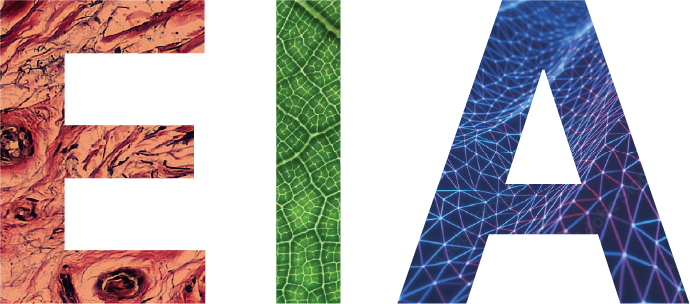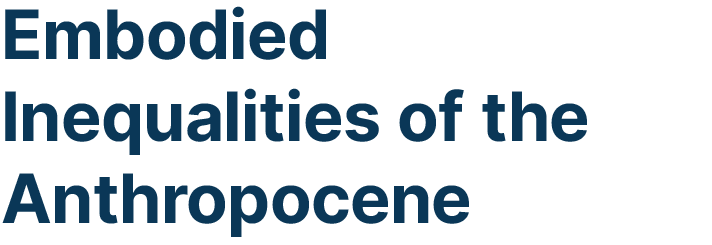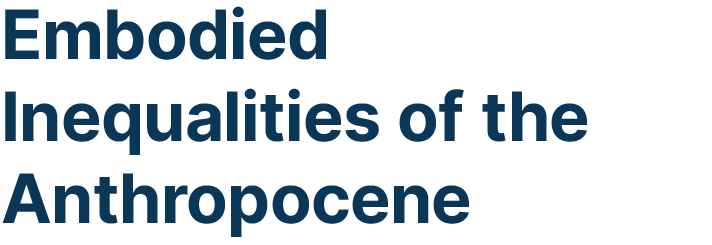About the EIA project
The Embodied Inequalities of the Anthropocene is a Wellcome Trust funded collaboration between UFRGS Brazil, CIESAS Mexico and UCL in the UK. It brings together environmental, indigenous, biosocial, multispecies, gender and theoretical expertise in Medical Anthropology, to examine how the Anthropocene impacts on human health.
Our group aligns interest and expertise in diverse fields of inquiry relevant to the embodied inequalities of the Anthropocene including gender, justice and power, indigenous health, well-being and sustainability.
We are committed to developing research and learning capacity within Medical Anthropology in the UK and Latin America, fostering intellectual exchanges between diverse disciplinary traditions and knowledges. In doing so, we aim to collaboratively understand the context of and to address the consequences for human health and wellbeing of unfettered economic growth, environmental degradation and climate change, and the related social, economic and ecological disorders that characterise this geological period, defined as the Anthropocene.





